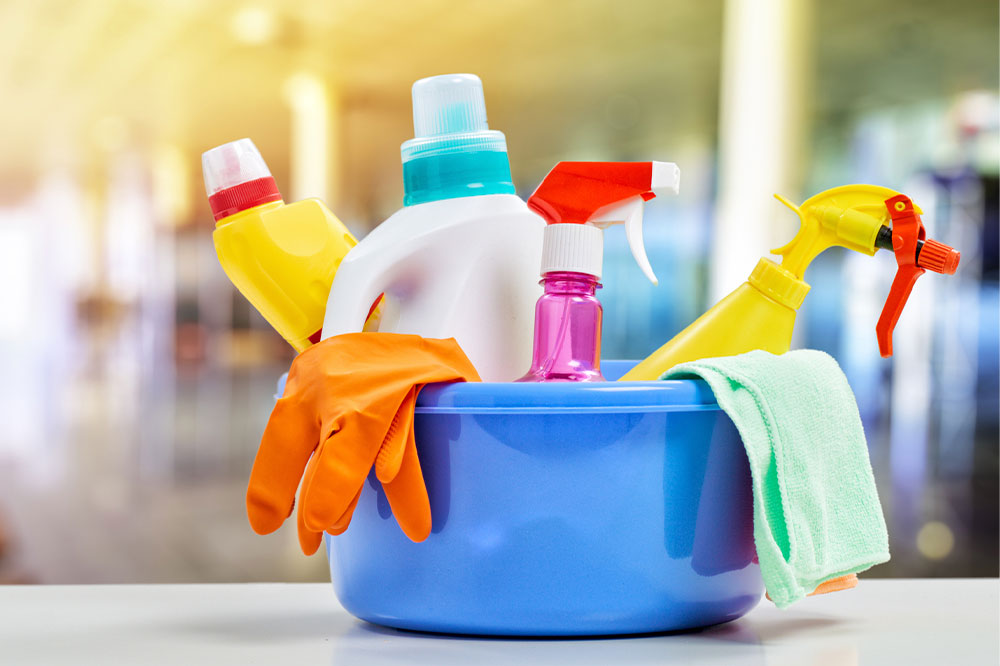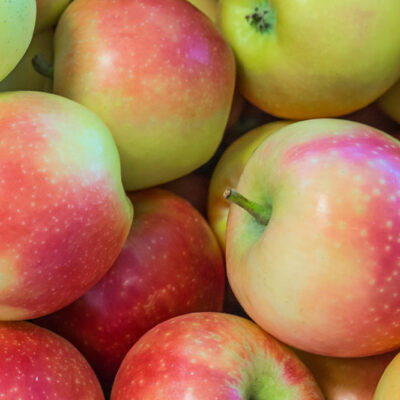Top 5 cleaning products used by professionals

Professional cleaners are known for transforming even the messiest spaces into pristine havens. Behind their magic lies a carefully curated selection of cleaning products that prove their effectiveness time and again. So, if you want to take your house cleaning chore to a professional level, it’s time to invest in the right tools. From white vinegar to window squeegee, here are five expert-recommended deep cleaning products to make your cleaning tasks fruitful.
White vinegar
White vinegar is a natural and affordable cleaning agent. It’s a multipurpose solution that cuts through grease, grime, and mineral deposits. When mixed with water, white vinegar can be used to clean windows, countertops, and floors and even remove stubborn stains. Furthermore, it works as a natural deodorizer, eliminating unpleasant odors in various areas of your home.
Castile soap
Castile soap, made from natural plant oils, is a gentle yet effective cleaner that professionals often recommend. It’s biodegradable, non-toxic, and can be used for various cleaning tasks. For instance, you can use it to wash floors, countertops, carpets, walls, wood flooring, and even laundry. The soap is available in liquid and bar forms and can be easily diluted with water for different needs. Scented versions of castile soap with disinfecting essential oils like eucalyptus or tea tree are popular.
Microfiber cloths
Microfiber cloths are a staple in every professional cleaner’s arsenal. These versatile cloths are designed to effectively trap dirt, dust, and grime. They’re lint-free and highly absorbent, ideal for wiping surfaces, dusting furniture, and cleaning glass and mirrors. You can use the cloth dry or slightly dampened with water. The best part is that microfiber cloths are reusable, making them eco-friendly.
Citric acid
Citric acid, a natural acid derived from citrus fruits, is known for its powerful cleaning properties. Food-grade powdered citric acid can remove mineral deposits, hard water stains, and rust. It’s commonly used to clean kitchen appliances, faucets, and showerheads.
Window squeegee
A window squeegee is a professional’s go-to tool for achieving streak-free and crystal-clear windows. It helps remove water and cleaning solutions efficiently, leaving behind a polished glass surface. Squeegees are also helpful for cleaning glass shower doors and tiles.
Additionally, garbage disposal and waste management is an essential part of clean-up. Here, in addition to a kitchen sink garbage disposal, garbage bags, like Glad trash bags infused with Clorox, are must-have cleaning tools. These bags not only hold waste but also eliminate odor, leaving a subtle fragrance behind. This makes Glad trash bags the perfect choice for maintaining cleanliness in both residential and commercial settings.
Besides these, consider buying baking soda, glass cleaners, and rubber gloves. These versatile cleaning products will help you tackle tough challenges, maintain a healthy environment, and provide a sparkling-clean home!










